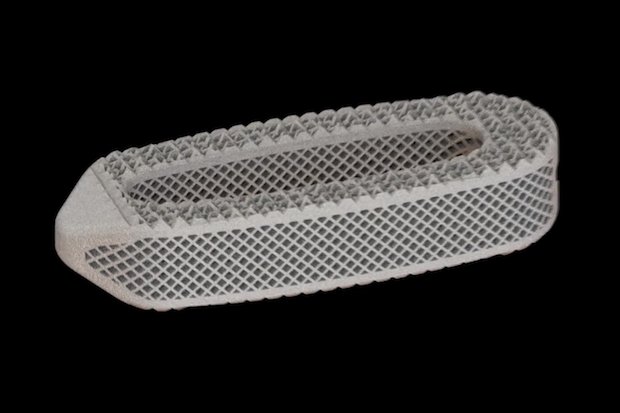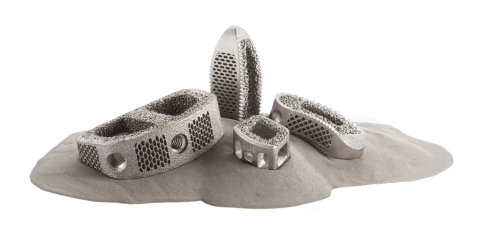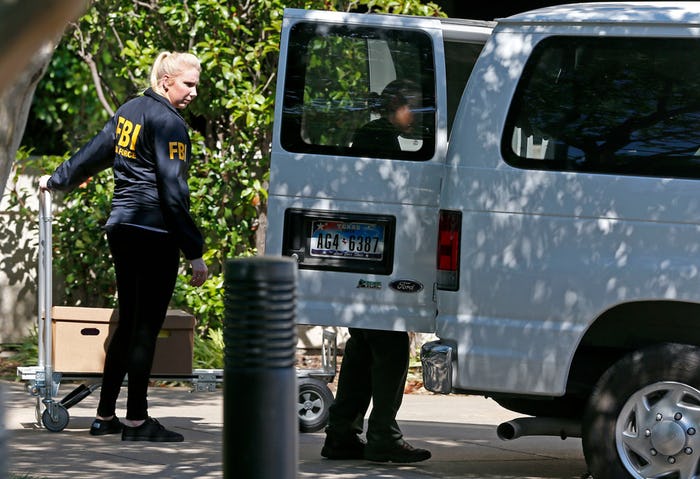MARIETTA, Ga., Aug. 9, 2018 /PRNewswire/ — MiMedx Group, Inc. (NASDAQ: MDXG), a leading developer and marketer of regenerative and therapeutic biologics, today announced that it received regulatory approval from the Therapeutics Goods Administration (TGA) in Australia to market and sell a broad array of the Company’s dehydrated Human Amnion/Chorion Membrane (dHACM) products. This includes EpiFix®, AmnioFix®, EpiBurn®, AmnioFix Injectable, and AmnioFix Wrap, among others.
MiMedx products are classified as a Biological in Australia and are regulated by the TGA, a part of the Australian Government Department of Health that is responsible for regulating the import, supply, manufacture, export and advertising of therapeutic goods.
The approval of the Company’s products enables MiMedx’s local partner to market, distribute and sell the breadth of its capabilities to serve physicians and help treat their patients in the areas of wound care, surgery, sports medicine and pain management.
“This regulatory approval in Australia marks another commercial milestone for MiMedx as we continue to expand our global footprint,” said Christopher M. Cashman, MiMedx EVP and Chief Commercialization Officer. “The approval of our EpiFix and AmnioFix product lines by the TGA is an important step in ensuring that Australian patients are able to gain access to innovative products in a timely manner. We look forward to formally launching our products in that market.
“As a prerequisite to the approval process, MiMedx received a Certificate of Good Manufacturing Practice (GMP) Compliance from the TGA, indicating that all of our sites comply with the requirements of the Australian Code of GMP for human tissue products,” Cashman continued. “This is similar to the GMP requirements in the United States, and further validates the quality of our processing and manufacturing systems and procedures.”
The TGA approval enables MiMedx to market its AmnioFix and EpiFix grafts for the treatment of acute and chronic wounds to enhance healing. In addition, AmnioFix Sports Med and AmnioFix Injectable were approved for the treatment of chronic Plantar Fasciitis to reduce pain and increase function.
MiMedx has partnered with an innovative healthcare products and Biological supplier, LifeHealthcare Group Limited, to enter the Australian market. LifeHealthcare is an established market leader supplying therapeutic implant products, including biologics, throughout Australia and New Zealand in key treatment areas including Wounds and Burns, Orthopaedics, General Surgery, Plastics, Spine, and Bariatrics.
“We have been building our international presence over the last several years. Given the complexity of the regulatory process for human tissue in certain regions outside the US, it can take years to get through the regulatory approval and reimbursement process,” commented John D. Harris, MiMedx’s Senior Vice President of International. “We receive regular and strong interest from clinicians and caregivers in numerous international regions, and we remain committed to our long-term strategy of building a presence for MiMedx products outside the US.”
About MiMedx
MiMedx® is a leading biopharmaceutical company developing and marketing regenerative and therapeutic biologics utilizing human placental tissue allografts with patent-protected processes for multiple sectors of healthcare. “Innovations in Regenerative Medicine” is the framework behind the Company’s mission to give physicians products and tissues to help the body heal itself. The Company processes the human placental tissue utilizing its proprietary PURION® Process methodology, among other processes, to produce safe and effective allografts by employing aseptic processing techniques in addition to terminal sterilization. MiMedx has supplied over 1.3 million allografts to date for application in the Wound Care, Burn, Surgical, Orthopedic, Spine, Sports Medicine, Ophthalmic and Dental sectors of healthcare. For additional information, please visit www.mimedx.com.
Safe Harbor Statement
This press release includes forward-looking statements including statements regarding expected sales in Australia and other international regions. Additional forward-looking statements may be identified by words such as “believe,” “expect,” “may,” “plan,” “potential,” “will,” “preliminary,” and similar expressions, and are based on management’s current beliefs and expectations. Forward-looking statements are subject to risks and uncertainties, and the Company cautions investors against placing undue reliance on such statements.
Actual results may differ materially from those set forth in the forward-looking statements. For more detailed information on the risks and uncertainties, please review the Risk Factors section of the Company’s most recent annual report or quarterly report filed with the Securities and Exchange Commission. Any forward-looking statements speak only as of the date of this press release and the Company assumes no obligation to update any forward-looking statement.
SOURCE MiMedx Group, Inc.
Related Links
http://www.mimedx.com












